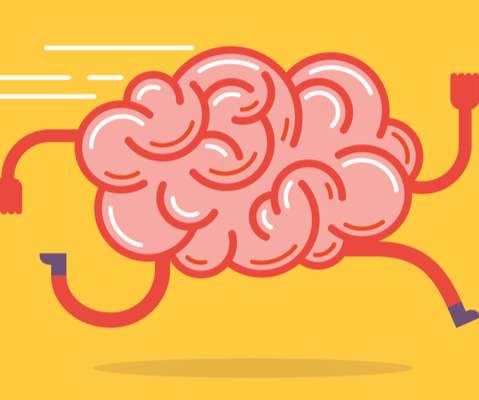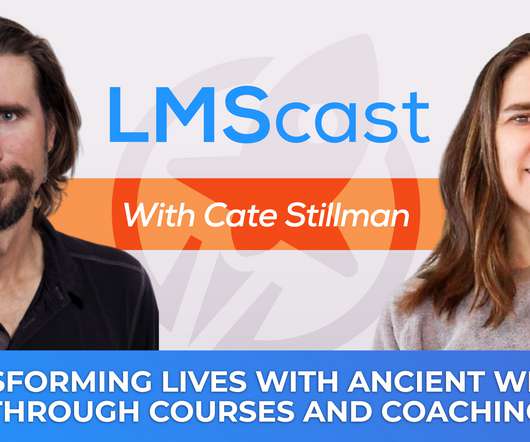The Crucial Role of Emotions and “Skilled” Intuitions in Learning
KnowledgeOne
MAY 22, 2024
Such is the case with the role of emotions in cognition and learning and their interrelationship with rational thought. This new data is ready to take its place in the field, and researchers are making remarkable efforts to popularize it.

























Let's personalize your content